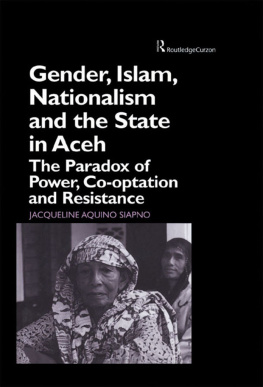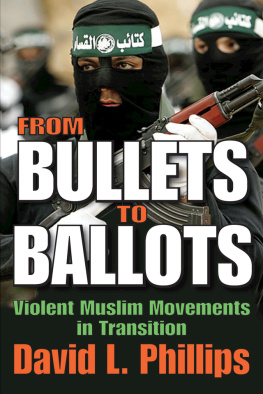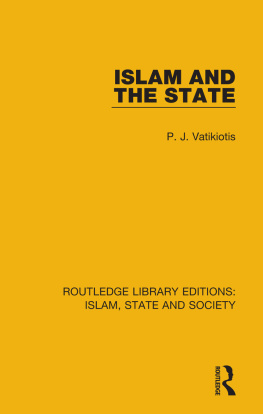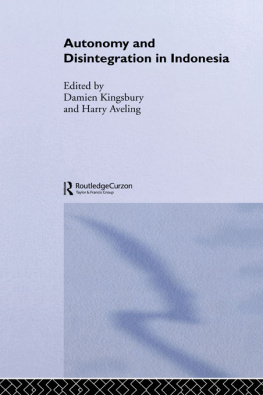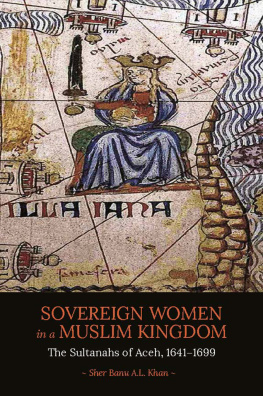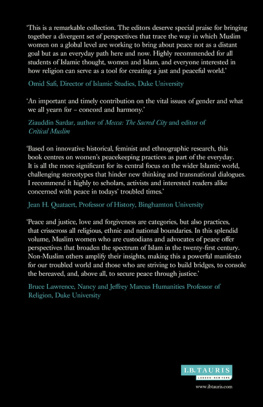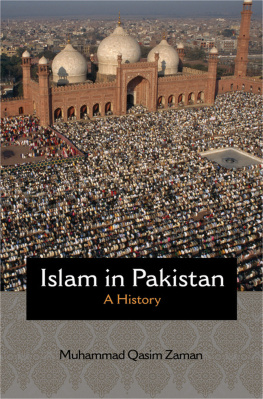First Published in 2002
by RoutledgeCurzon
2 Park Square, Milton Park, Abingdon, Oxon, OX14 4RN
Simultaneously published in the USA and Canada
by RoutledgeCurzon
270 Madison Ave, New York NY 10016
RoutledgeCurzon is an imprint of the Taylor & Francis Group
Transferred to Digital Printing 2006
2002 Jacqueline Aquino Siapno
Typeset in Stempel Garamond by LaserScript Ltd, Mitcham, Surrey
All rights reserved. No part of this book may be reprinted or reproduced or utilised
in any form or by any electronic, mechanical, or other means, now known or
hereafter invented, including photocopying and recording, or in any information
storage or retrieval system, without permission in writing from the publishers.
British Library Cataloguing in Publication Data
A catalogue record of this book is available from the British Library
Library of Congress Cataloguing in Publication Data
A catalogue record for this book has been requested
ISBN 0-7007-1513-4
Printed and bound by Antony Rowe Ltd, Eastbourne
For my great-grandparents Ambrosio Mejia Aquino and
Leocadia de Guzman, my mother Cora Aquino Vinluan, my brother
Jay, my sister Diosa, Jafar Siddiq Hamzah, Fernando de Araujo, and
my kindred spirit network of true friends
whose real gift to me is their view of the world.

This book sets out to open up the space for interpretation of history and politics in Aceh which is now in a state of armed rebellion against the Indonesian government. It lays out a groundwork for analyzing the way that female agency is constituted in Aceh, in a complex interplay of indigenous matrifocality, Islamic beliefs and practices, and state violence. The book provides a historical, ethnographic, and literary analysis of the competing and contradictory representations of Islamic identity, nationalism and gender relations in Aceh a region which is considered to be the most Islamic province of Indonesia, the country with the largest Muslim population in the world. Despite the existence of a large body of literature on Aceh, the important question of how gender is produced and articulated in Islamic society is understudied (with the exception of James Sieges pioneering work on male marginality in The Rope of God, 1969, written more than thirty years ago). In particular, the situation of women in a region of armed conflict, in a place that has had the unfortunate legacy of being unjustly categorized as a breeding ground for GPK terrorists and Islamic fundamentalists, has received very little nuanced, historiographic analysis. I provide an analysis of Acehnese Muslim womens political subjectivities within the larger context of the failure of the Indonesian state and military to integrate and pacify the Acehnese. My analysis of poor, rural Acehnese womens resiliency to survive war and refugee camps is also contextualized within the current international responses to the September 11, 2001 terrorist attacks on the U.S. and the changes that have happened since in the world communitys perceptions of Muslim communities, women and Islamic cultures, so-called Islamic fundamentalist movements, and the war on terrorism. The September 11 attacks have had a profound influence on the Indonesian government and publics response to U.S. President George Bushs war on terrorism and simultaneously, on their own internal security approach towards the conflict in Aceh.
However, I must point out from the very beginning that those who are looking for an update on the current events in Aceh will be seriously disappointed with this book. This book does not provide a comprehensive chronological analysis of current political events in Aceh. Nor is it a book about human rights violations in Aceh. That kind of work is much better done by numerous local and international human rights NGOs, political organizations and womens groups that have been doing excellent documentation and analysis of current political events in Aceh. Rather it is a book that sets out to critically examine some conventional popular assumptions about contemporary history and politics in Aceh in particular on the topic of womens political subjectivities.
The book provides an analysis of the different ways in which women have created spaces beyond the conventional and institutionalized practices of doing politics. My interest is not so much in organized womens groups per se but in womens agency and the complex, often contradictory and paradoxical configurations of gendered agency. I argue that the sometimes syncretic, sometimes competing interaction between the two systems of authority in Aceh Islam and matrifocality provides all kinds of possibilities and spaces for negotiating female power and agency. Thus the book goes beyond the conventional political analysis on Aceh that focuses so much on Islamic militancy, but looks at its intersections with other formations such as piety, religious education, matrifocality, and traditional ideas of power.
Finally, the book makes a contribution to the different pluralistic interpretations and practices of Islam, or more appropriately perhaps, Islam(s) beyond the pure philosophy of Islam. Several colleagues from the Middle East who are in Middle Eastern Studies, Gender Studies, and Islamic Studies and are Arabic speakers have generously read and commented on this book. They cannot imagine how much I have learnt from the comments they made on the margins, especially with regard to Arabic words that have acquired a very different meaning in the Acehnese and Indonesian contexts, and with local practices that seemed too un-Islamic and way-out-there from their Arab and Middle Eastern perspectives. The more open-minded were fascinated and appreciative of these pluralistic interpretations and practices of Islamic beliefs in Aceh and Indonesia, while the ones who were not so open-minded insisted that these interpretations were wrong and that these Acehnese and Indonesians should perhaps go to the Middle East to study and learn more about how to practice and interpret Islam the right way. While the book discusses some aspects of normative Islamic piety, most of it is more concerned with local Acehnese perspectives, conceptions and practices, for which I make no apologies.
While there have been excellent scholarly work on Gender Studies and Feminist Theory on Indonesia, these studies tend to avoid or completely ignore the role of Islam as a powerful cultural, religious, intellectual and socio-economic centrifugal force. On the other hand, there is a significant amount of political science writing on Islam in Aceh and Indonesia but they tend to focus on Islamic militancy and political Islam, on urban elite politics and often on male-dominated and predominantly male institutionalized political systems. This book focuses on Islam not so much as a political force, but as a practice of everyday life, and on rural and non-elite formations in the making and remaking of Acehnese identity and nationalism vis-a-vis Jakarta and the Indonesian state.
FIELDWORK AND ETHNOGRAPHY
On my first trip to Aceh in 1992, Acehnese friends in Medan helped me get on a night bus that would arrive in Banda Aceh at dawn where I would be picked up by my foster family. It was a nine hour bus ride. In restrospect it was that first journey which endeared me to this place called Aceh in

